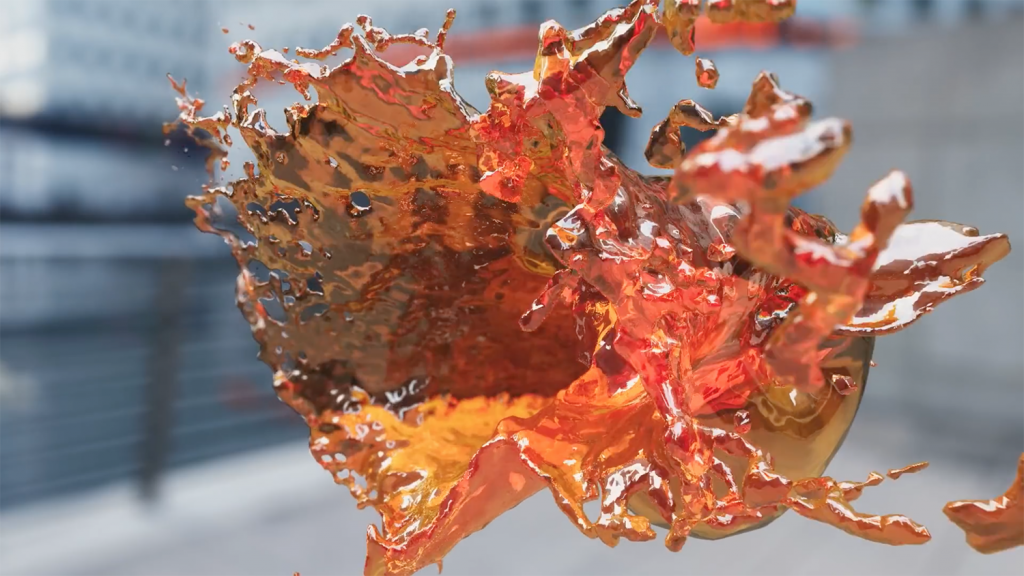Unity 2020.1, the first TECH stream release of the year, has been made available with a wide range of features and improvements to make Unity workflows more intuitive and add extra productivity.
Unity 2019 LTS remains the recommended version for projects in production, so it’s up to users whether to take advantage of the new release now or wait until the Unity 2020 Long-Term Support (LTS) version next year.
For AR in Unity 2020.1, AR Foundation now officially supports the Universal Render Pipeline, and feature support for ARKit, ARCore, Magic Leap, and Hololens is also enhanced.
It has also significantly reduced the amount of time it takes to enable AR and VR in a project with a new streamlined UI in Project Settings.
In Unity 2020.1, a high dynamic range display support for the Editor has been added, allowing developers that use displays that support HDR to take advantage of the increased colour and brightness ranges while working with HDR content without having to build for the target device to see the results.
Graphics and scalable quality
Camera Stacking can now be used to layer the output of multiple Cameras and create a single combined output using the Universal Render Pipeline for when users need something that is rendered out of the main camera’s context.
GPU and CPU Lightmapper has improved sampling, with Lightmapping now reportedly simpler overall, and now comes with added Lightmapped cookie support.
The Contributors and Receivers Scene View now lets users see which objects are influencing Global Illumination (GI) within a Scene. Lighting Setting Assets let users change settings that are used by multiple Scenes simultaneously.
Elsewhere, Cinemachine, Unity’s suite of tools for dynamic codeless camera behavior, version 2.5 is now a verified package.
New improvements to toolsets have been designed to make users more productive, provide more ways to customise workflows for specific needs, and reduce interruptions.
Unity 2020.1 now lets users visualise the scene context or parent Prefab while editing a Prefab asset.
Several importer improvements have been added so custom properties for objects originating from SketchUp can now be imported along with new axis conversion settings, letting users fix axis import issues without having to reopen meshes in a digital content creation program.
The new Asset Import Pipeline v2 introduced last year is now the new default and comes with support for serialised files larger than 2 GB and a status bar.
With a Focused Inspector window, users can now see the Inspector details of a selected GameObject, the new Progress API and the Background Tasks window let you track progress better, and Partial Presets give more flexibility and control when applying Presets to a scene.
Programmer Tools
Programmer tools in Unity 2020.1 have been focused on improving usability and stabilising workflows.
Users can run the Profiler as a standalone app, which reduces the performance overhead when profiling the Editor and promises cleaner profile data.
The Flow Event feature should make it easier to detect when code in the main thread of execution is waiting for a job to complete in multithreaded code.
A new C# debugging workflow allows users to switch between release and Debug mode, and makes the Editor run with C# code optimisation in Release mode by default.
Attaching a C# debugger will also allow the enabling of Debug mode if you were in Release mode.
Unity 2020.1 has also improved support for serialising fields of generic types and the Visual Studio integration is now a package.
Finally, Burst Compiler 1.3 is now available and adds native debugging capabilities, among other improvements.
There’s a Unity 2020.1 release page dedicated to programmer tools here for more details.
Unity 2020.2
Unity has further iterated that it is reducing the number of TECH stream releases from three to two per year.
It says this will allow for an extended stabilisation phase to ‘validate and improve the stability and quality of our tools’ between releases.
This means that Unity 2020.2 beta will be available during the summer, and Unity 2020.2 is scheduled for Q4 2020.






